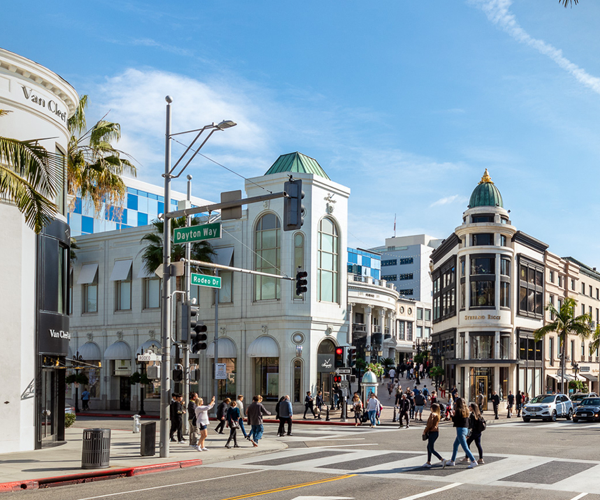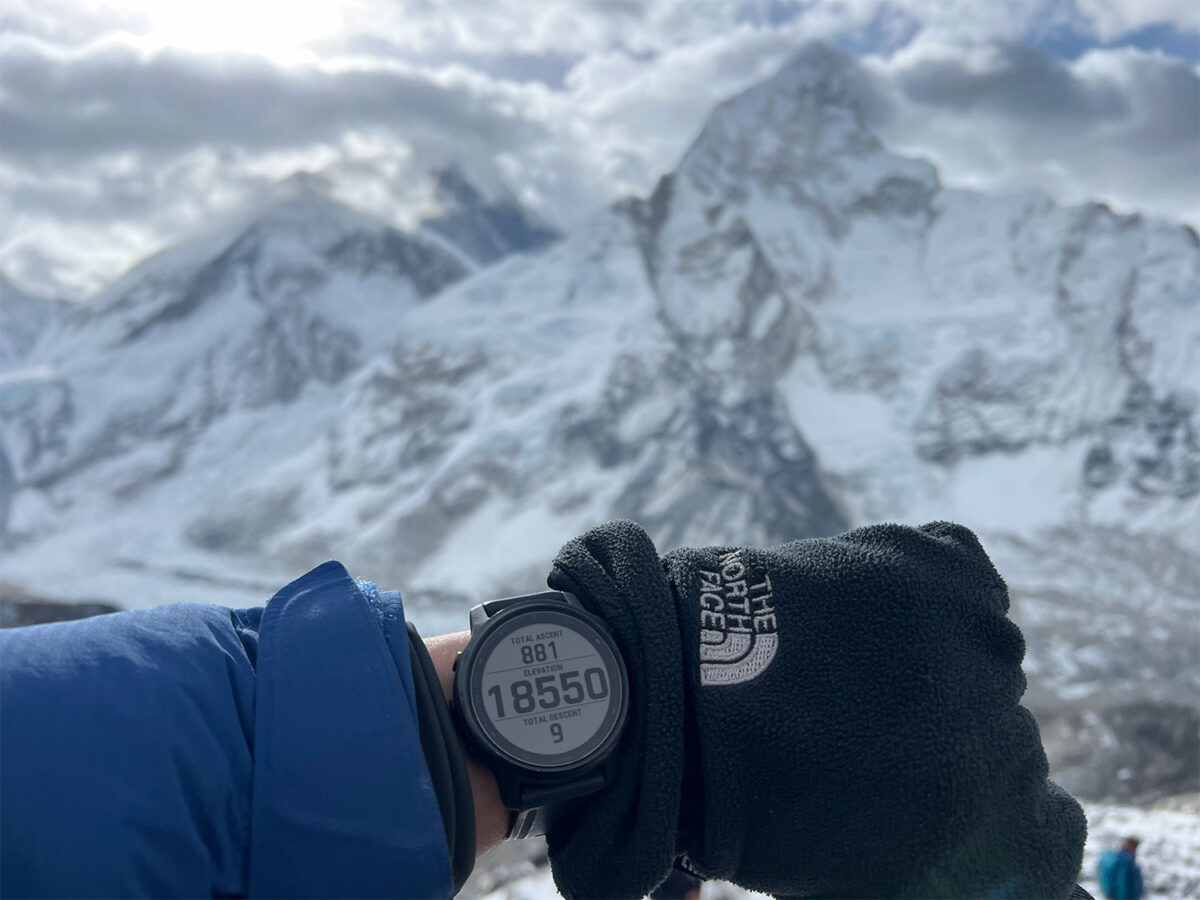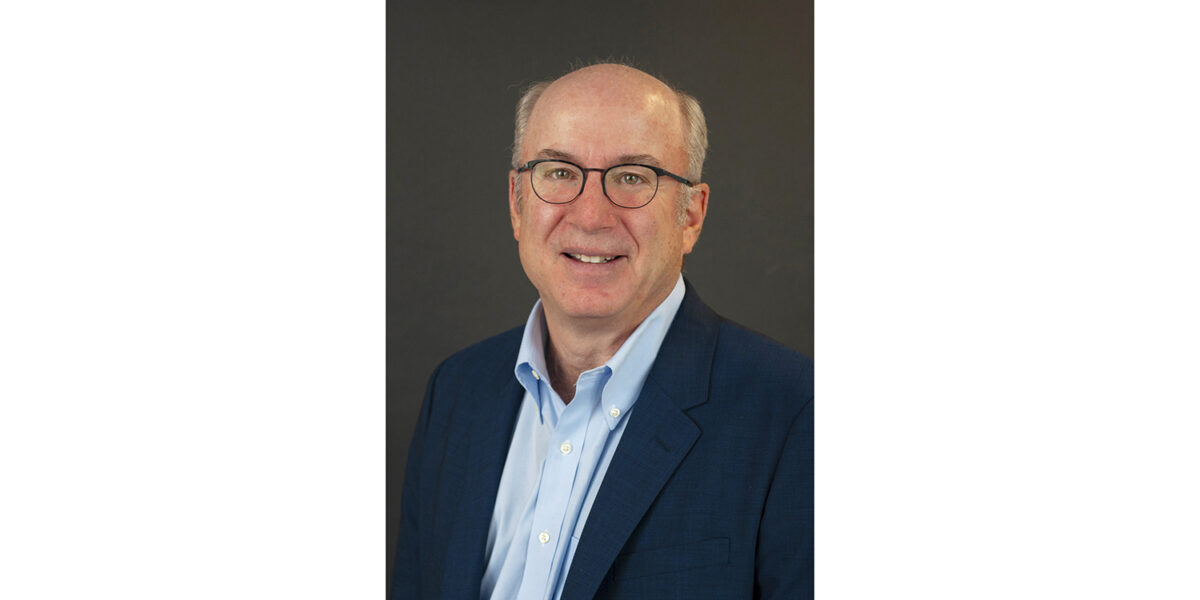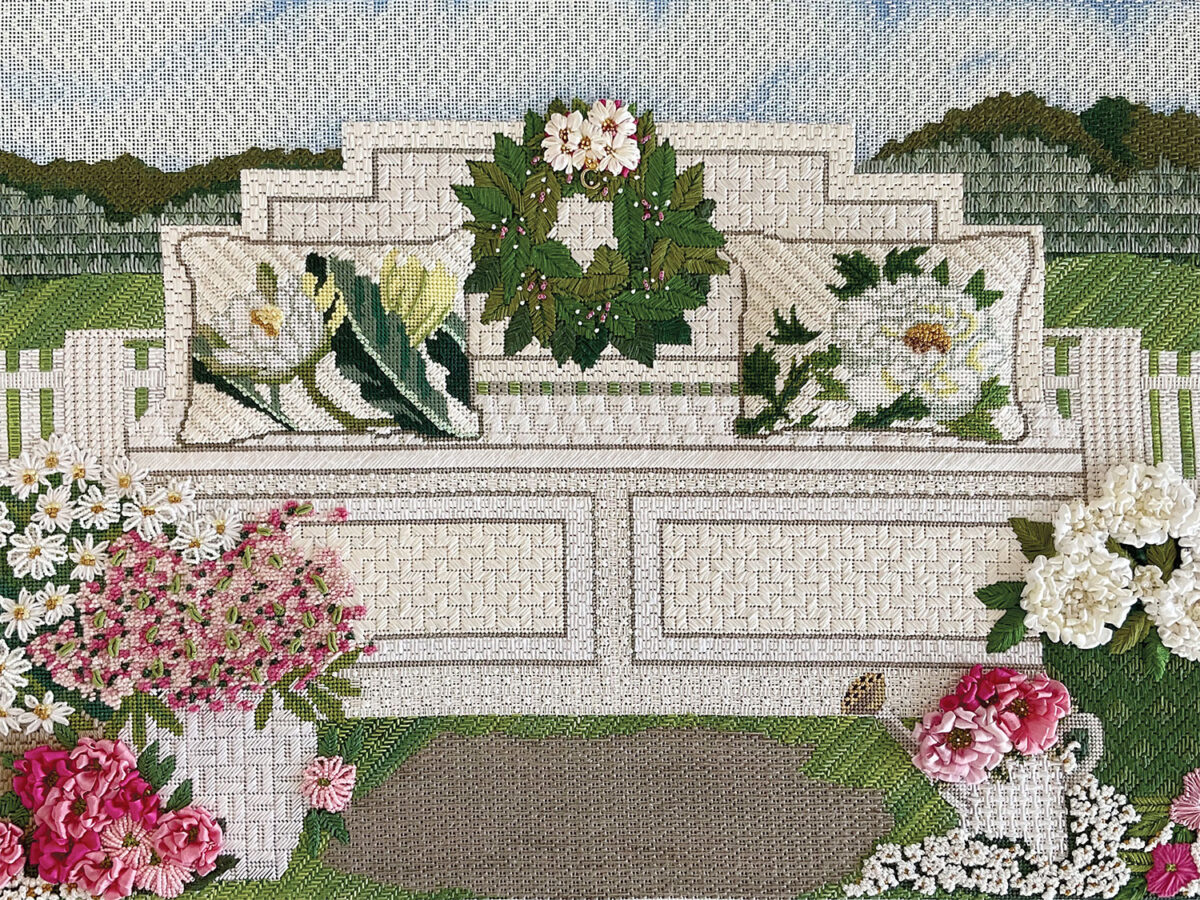Beverly Hills Courier columnist and Dr. Eva Ritvo is a psychiatrist with more than 25 years’ experience, an accomplished author and global initiative leader. She received her undergraduate and medical degrees from UCLA, and psychiatry residency training at Weill Cornell Medicine.
As the vaccine roll out continues, our confidence increases and restrictions begin to lift, we must ask ourselves how do we want to emerge? How do we bounce back from all that we have experienced this year? Will fear and anxiety continue to get the best of us? Will grief overwhelm us? Or can we emerge like beautiful butterflies from our cocoons and be even better than before?
Large changes in lifestyle such as entering a new relationship, moving, starting a new job, or having a child create neuroplasticity in our brain, meaning it is easy to change our habits and our patterns. Emerging from quarantine and a year of fear is a big change for all of us. Some are wildly enthusiastic, and others are more hesitant to get back out there. Wherever you lie on the spectrum, it is a great time to reflect on the last year, how it has impacted you both positively and negatively, and how you can best move forward into a new unchartered world.
Post traumatic growth (PTG) is a theory in mental health that explains a kind of transformation following trauma. It was developed by psychologists Richard Tedeschi, Ph.D., and Lawrence Calhoun, Ph.D., in the mid-1990s. They studied how people experience positive growth following adversity. “People develop new understandings of themselves, the world they live in, how to relate to other people, the kind of future they might have and a better understanding of how to live life,” said Tedeschi. One half to two thirds of individuals experiencing trauma will experience PTG. Given that the whole world has gone through this collective trauma, far better times may indeed be ahead.
We are innately wired to adapt to adversity. Humans are naturally resilient. Experts such as Eva Selhub, M.D. (https://www.amazon.com/Resilience-Dummies-TA-TK/dp/1119773415) suggest cultivating the six pillars of resilience:
Physical Vitality: Optimal physical and mental health allows us to deal with stress more effectively. Eating at home has improved the level of nutrition for many and made it easier to limit dessert and alcohol. Although some have put on the “COVID-19,” many have actually improved their fitness level. We have benefited by less time commuting and in traffic. There are so many innovative ways to work out. It is a great time to reflect on the lifestyle changes you have made and make sure to continue with the positive ones.
Mental Toughness: If in 2019, I told you that you would spend next year alone or with very few people, inside your house, fearing for your life, unable to shop, travel or go to a restaurant you would have thought I lost my mind. Most of us would have thought “impossible.” Yet we did it. Many of us have learned to clean our own houses, cook our own food and do our own laundry. We have even taken over the roles of teacher, coach and playmate for our children and grandchildren. We have learned to live with far fewer pleasures. We have had to tame our anxieties. Many of us learned to meditate. Of course, it is always a work in progress, but we have come a long way in a short time. As the saying goes, “what doesn’t break you, makes you stronger.” It is important to acknowledge how strong you have become!
Emotional Balance: Anxiety and depression were easy to fall into during the pandemic. But as we emerge we want the pendulum to swing the other way. Remember the Roaring ’20s. We must actively try to focus on positive emotions such as joy, gratitude, and optimism. The rapid development of the vaccine is certainly cause for many positive emotions. As we resume activities, we can have a greater appreciation of them. What helps you tap into these emotions and how can you do more of it?
Loving and Strong Connections: The pandemic has dramatically altered with whom and how we interact. For some this has brought welcome change. Introverts have ruled this year as social obligations all but disappeared. Extroverts have found very creative ways to connect using technology. Many of my patients have found renewed happiness in their primary relationships as they spent far more time together. The dating scene has vastly improved for many as the options have narrowed to far more realistic levels, and many settled into more stable relationships during quarantine. It is vitally important to maintain the changes you benefited from as we reemerge.
Spiritual Connection: Facing death helps us look at our life more analytically. What really matters? What we can live without? We have forgone so much of what we took for granted in the past. How can we reintegrate with life with a deeper appreciation? Rather than jumping back on the treadmill, try to find heightened meaning in the world you recreate.
Become an Inspiring Leader: Let’s show ourselves and our community that we will grow from trauma and not succumb to depression, self-destruction or divisiveness. We can work together to solve the problems that the pandemic has created or shed light on. We must not shy away from the challenges we face but instead work together to create a happier and healthier future for all. In the words of Paul Wellstone, “we all do better, when we all do better.”
“I am not what happened to me, I am what I choose to become.”
Carl Jung, Ph.D.







